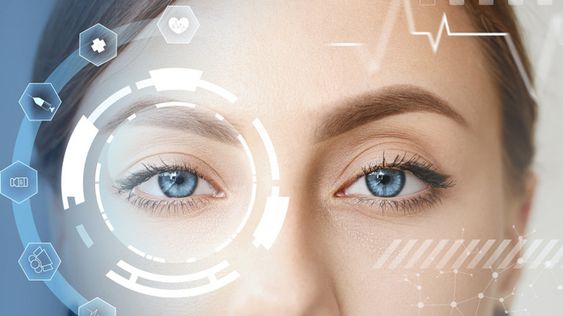Introduction:
Cataracts are a common eye condition that causes cloudy vision. They occur when the natural lens of the eye, which is normally clear, becomes cloudy or opaque. This cloudiness can interfere with light passing through the lens, leading to blurry or distorted vision.
Cataracts typically develop gradually over time and can affect one or both eyes. They are most common in older adults but can also occur in younger individuals due to factors like genetics, medical conditions, or eye injuries. While cataracts can't be prevented entirely, early detection and treatment are crucial for preserving vision.

This comprehensive guide will provide you with valuable insights into cataract surgery, a highly effective treatment option for restoring clear vision. We'll delve into the procedure itself, the benefits and risks, what to expect during recovery, and answer frequently asked questions to help you make informed decisions about your eye health.
Understanding Cataract Surgery
Cataract surgery is a procedure to remove the clouded natural lens of your eye and replace it with an artificial lens called an intraocular lens (IOL). This outpatient procedure is typically performed using local anesthesia and is highly effective in restoring vision loss due to cataracts.
What to Expect During the Procedure
Before the surgery, your doctor will dilate your pupils with eye drops. During the procedure, a small incision is made in the eye, and the cloudy lens is carefully removed using ultrasound waves. The new IOL is then implanted in the same location as your natural lens.
Benefits and Risks of Cataract Surgery
Like any surgery, cataract surgery carries potential benefits and risks.
Benefits:
- Improved vision
- Reduced dependence on glasses or contact lenses
- Enhanced color perception
Risks:
- Infection
- Bleeding
- Retinal detachment
- Posterior capsule opacification (PCO)
It's important to discuss these benefits and risks in detail with your eye doctor to make an informed decision.
Recovery and Aftercare
After surgery, you will need to use eye drops and protect your eyes as they heal. Most people experience significant vision improvement within a few days to a week.





